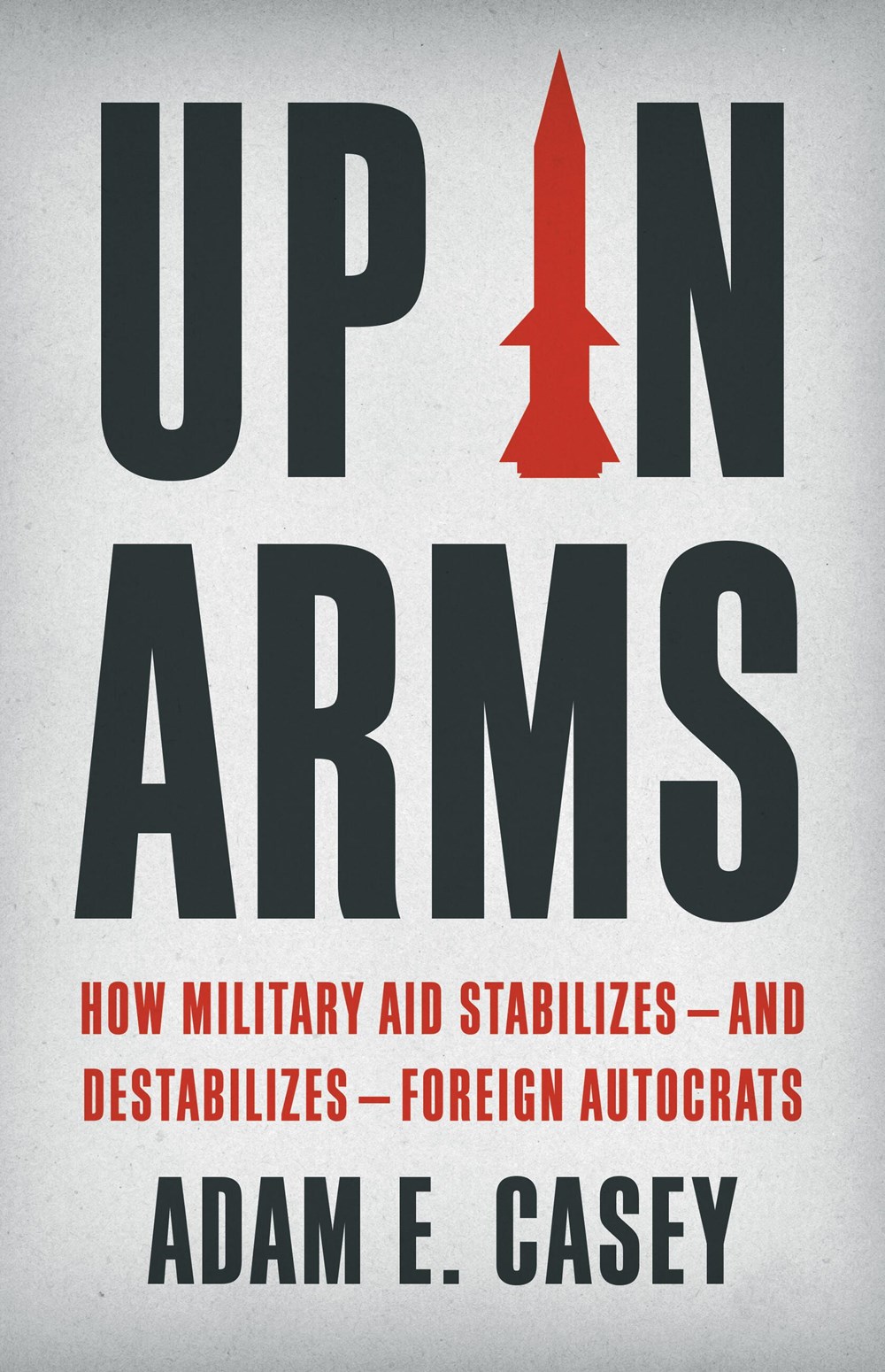2018 School Spending Survey Report
Up in Arms: How Military Aid Stabilizes—and Destabilizes—Foreign Autocrats
COPY ISBN
VERDICT A valuable analysis of how military aid to other countries can hinder dictators as much as it can help them.
RELATED
ALREADY A SUBSCRIBER? LOG IN
We are currently offering this content for free. Sign up now to activate your personal profile, where you can save articles for future viewing




Comment Policy:
Comment should not be empty !!!